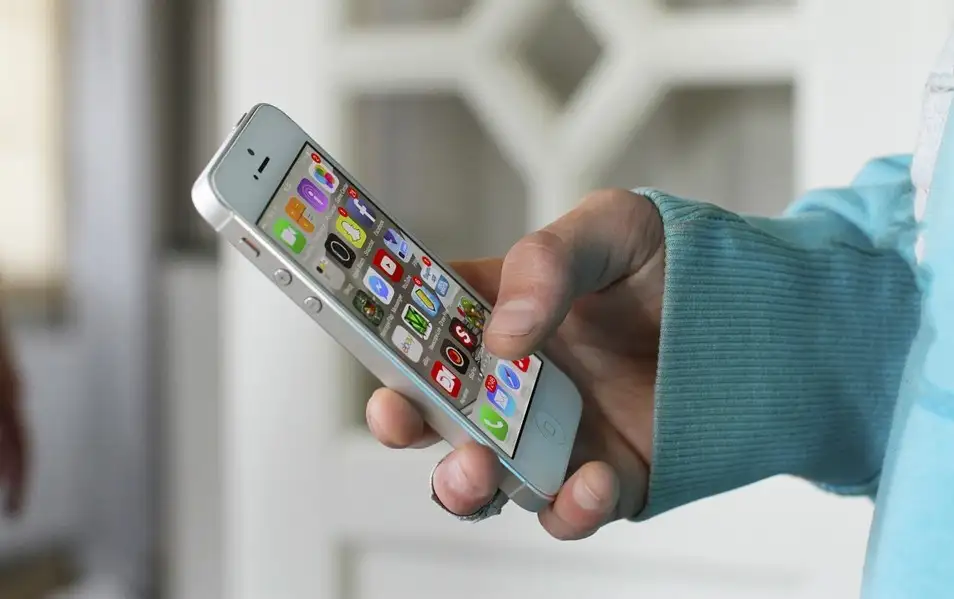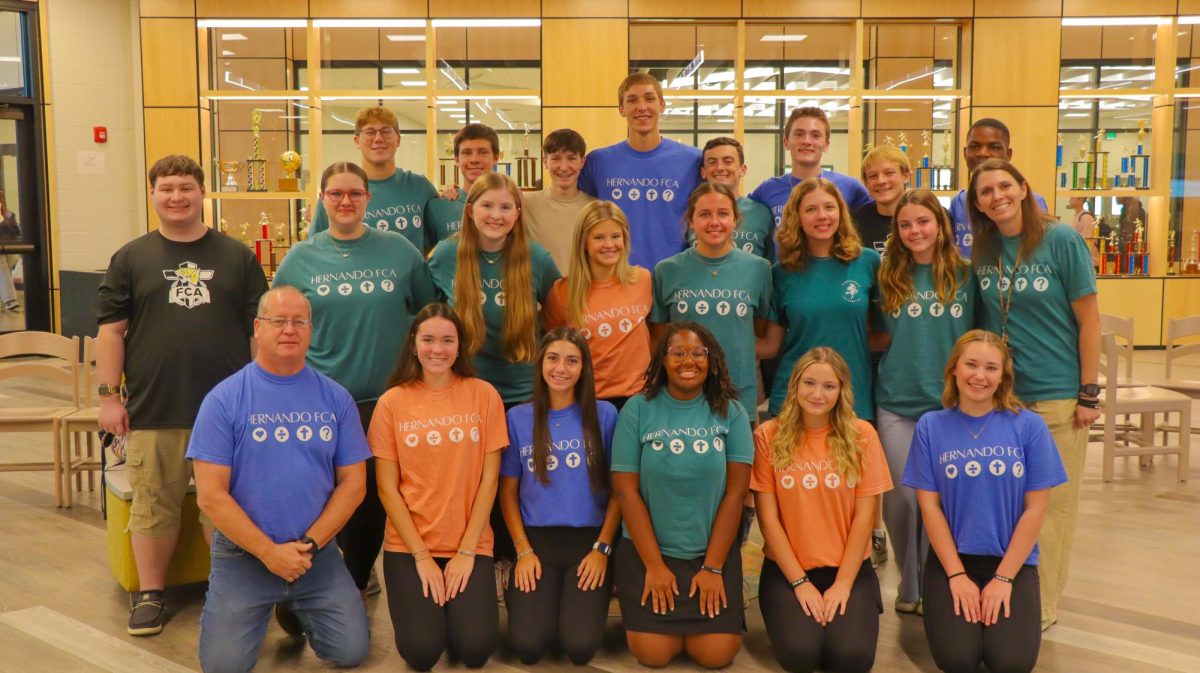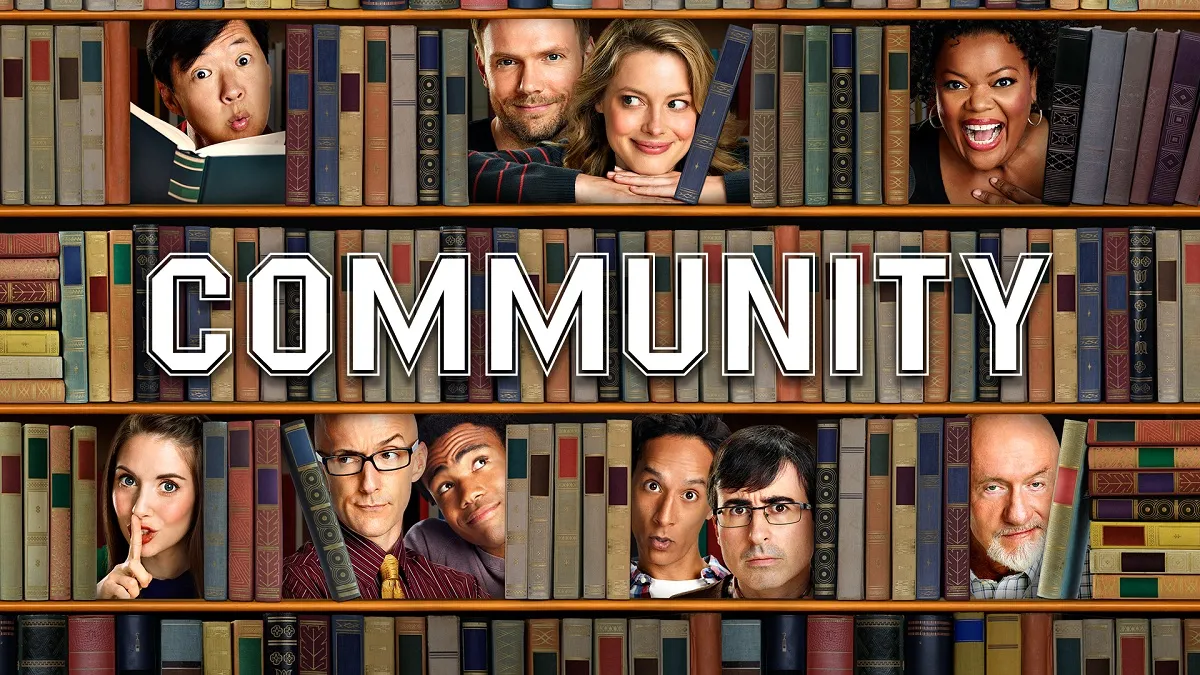We live in an age where technology is all around us; it seems impossible to put our phones away, turn off the TV, or pause the game. I’m writing this to you, reader, not with arrogance or judgment, but instead with an understanding of this endless cycle of addiction. I admit to you now, that I am a “screenager” and an avid participant in “doom scrolling.” I want to change this lifestyle and help you change yours if you feel anything remotely close to how I am describing myself now.
My Experience
I have had some sort of technology since elementary school: tablet, iPod Touch, iPhones 7, 8, and 13. From a young age, I watched DIY tutorials, then moved on to SloMo videos on Musically. I even found an interest in editing that I shamelessly bring up now. But the point of all of these phases is that for the past 10 years, I have been glued to my phone. I had hundreds of notifications on every app possible and it started to weigh heavily on me during my sophomore year. I felt anxious and manic when I wouldn’t reply to people and when I would spend hours on the internet. Over time, I decided to stop getting on it as much, but it was still a big part of my daily life. Earlier this year, I offloaded TikTok. I felt so much more at peace and I didn’t feel the need to get on my phone at all. Instead with my time, I listened to podcasts, watched a lot of movies, found time to read, and picked up a craft. That was April, but since then in July, I got the app back and I ended up back to where I started. Today, I offloaded TikTok again. I finished a book yesterday, and I am trying to do better for tomorrow.
Mental Health and Development
With extensive use of phones comes consequences that affect our well-being. These consequences include: losing creativity, poor eyesight, headaches, bad memory, and poor sleep. Along with those mentioned, anxiety and depression are at an all-time high during our current technology age. The Guardian’s Michelle Drouin stated in her article, The Age of Intimacy Famine: When We Interact With Our Phones Rather Than Our Loved Ones, that psychologists’ studies “have demonstrated a rise in rates of depression and anxiety corresponding to increased rates of technology use among US adolescents and young adults over the past decade.” Being on social media and spending several hours of the day immersed in technology takes a huge toll on one’s health.
Relationships
We carry our phones on ourselves every second of every day. We nurture them and get rewards from each notification we get. We have been classically conditioned to have a relationship with our phones. Everything is curated to our interests and adjusted to our likes. Because of this, Drouin states that “we’ve entered an intimacy famine.” We prefer to spend time with our phones rather than with family. Try to recall the last time you had a meal with friends without one being compelled to check their phone. The Guardian writes, “People sometimes choose to interact with their phones over the human others in their lives, and this can cause conflict and jealousy in couple, family and friend relationships.” Phones are coming between our relationships, and let’s face it our relationships with our phones aren’t great either. We are in a “situationship” with a toxic partner at our right-hand command.
How to Do Better
First things first, you need to acknowledge that you’re addicted to your phone. I am addicted to mine, now it’s your turn. To get better, try limiting your screen time on the apps you spend the most time on, or better yet, delete them. Try limiting your blue screen time before bed. Pick up a hobby, like reading, painting, running, or anything that does not require technology. Turn off your notifications, purchase CDs, and buy a physical calendar, alarm clock, and calculator. Do what is needed to limit your time on your phone. Try getting a flip phone, be a little aesthetic and retro. It is time for us to wake up and be present in our daily lives.
Sources:
https://hms.harvard.edu/news/screen-time-brain
https://www.theguardian.com/lifeandstyle/2022/jan/31/age-of-intimacy-famine-interact-with-phones-rather-than-loved-ones















